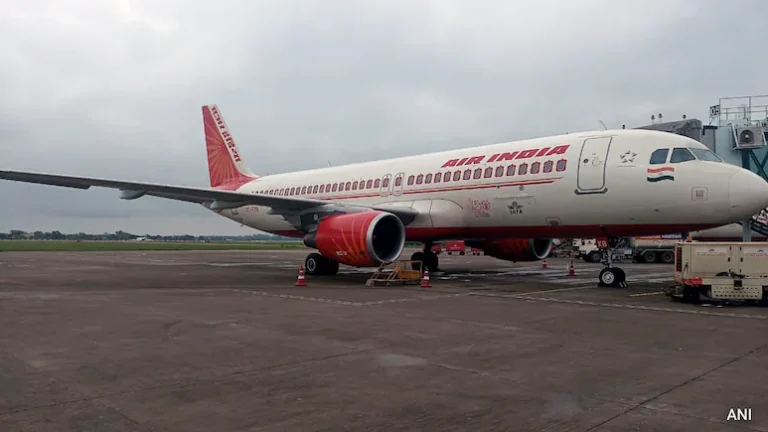Why the INDIA Bloc Demands PM Modi Visit Manipur and HM Shah Resign
Short Summary
The INDIA Bloc, a coalition of opposition parties, has intensified its demand for Prime Minister Narendra Modi to visit Manipur and for Home Minister Amit Shah to resign due to the government’s handling of the prolonged ethnic violence in the state. Citing the devastating toll of the conflict between the Meitei and Kuki communities, the opposition has criticized the central leadership for not addressing the crisis directly, arguing that a visit by the PM would symbolize a commitment to peace and justice. This call comes amidst claims of government inaction and insufficient engagement with the affected communities.
In-Depth Analysis
Understanding the Situation in Manipur
Manipur has been embroiled in ethnic violence since May 2023, resulting in over 200 deaths and significant displacement. The conflict primarily involves the Meitei and Kuki communities, with deep-rooted issues of land rights, cultural identity, and political representation fueling the unrest. Despite ongoing clashes, opposition parties have consistently pointed out the central government’s perceived lack of urgency in addressing the humanitarian crisis.
INDIA Bloc’s Criticism
The opposition coalition has called out the Prime Minister for not visiting Manipur, asserting that such an act is essential for demonstrating solidarity with the affected population. Congress leader Jairam Ramesh questioned Modi’s absence, especially as he continues foreign engagements. The INDIA Bloc also targeted Home Minister Amit Shah, holding him accountable for the government’s inability to restore peace and stability in the region.
Why a PM Visit Matters
The INDIA Bloc emphasizes that a visit by the Prime Minister would:
- Reassure Affected Communities: Showcasing direct concern for the victims.
- Strengthen Confidence in Governance: Signaling that Manipur is a national priority.
- Encourage a Path to Peace: Inspiring unity and dialogue among warring groups.
The Call for Accountability
Alongside urging the PM to visit, the opposition has demanded Amit Shah’s resignation. They argue that his approach has not yielded results, with violence persisting despite multiple peace accords and meetings. Critics say the government has failed to address underlying grievances or broker effective solutions, thereby prolonging the crisis.
Government’s Response
While the central government has announced measures like deploying additional security forces and engaging with stakeholders, these efforts have been deemed insufficient by opposition leaders. Shah’s remarks on the signing of a peace agreement with the United National Liberation Front, an extremist group, have also drawn skepticism, as the violence in Manipur continues unabated.
A Symbolic Demand or a Practical Solution?
The opposition’s insistence on a PM visit and Shah’s resignation raises questions about political accountability and symbolism in crisis management. Can a visit alone heal the wounds, or does the demand reflect broader dissatisfaction with the central leadership’s approach to regional conflicts?
FAQs
- What triggered the violence in Manipur?
The conflict stems from historical tensions between the Meitei and Kuki communities, exacerbated by disputes over land, identity, and political representation. - Why is PM Modi being criticized for not visiting Manipur?
Opposition leaders argue that the PM’s presence would symbolize solidarity and commitment to resolving the crisis, which they feel is lacking. - What has the government done to address the situation?
Measures include deploying security forces, initiating dialogues, and signing peace agreements with extremist groups, though critics say these efforts are insufficient. - Why is the INDIA Bloc demanding Amit Shah’s resignation?
They believe the Home Minister has failed to restore peace and effectively address the crisis, prolonging the suffering in Manipur. - What impact would a PM visit have?
It could potentially reassure affected communities, enhance trust in governance, and encourage reconciliation efforts.


